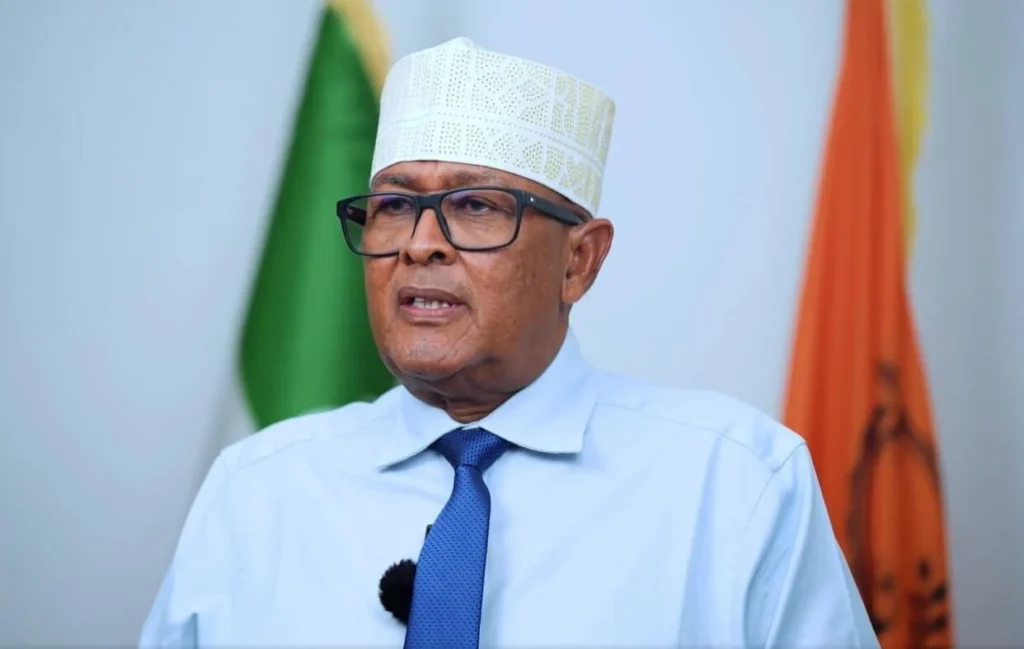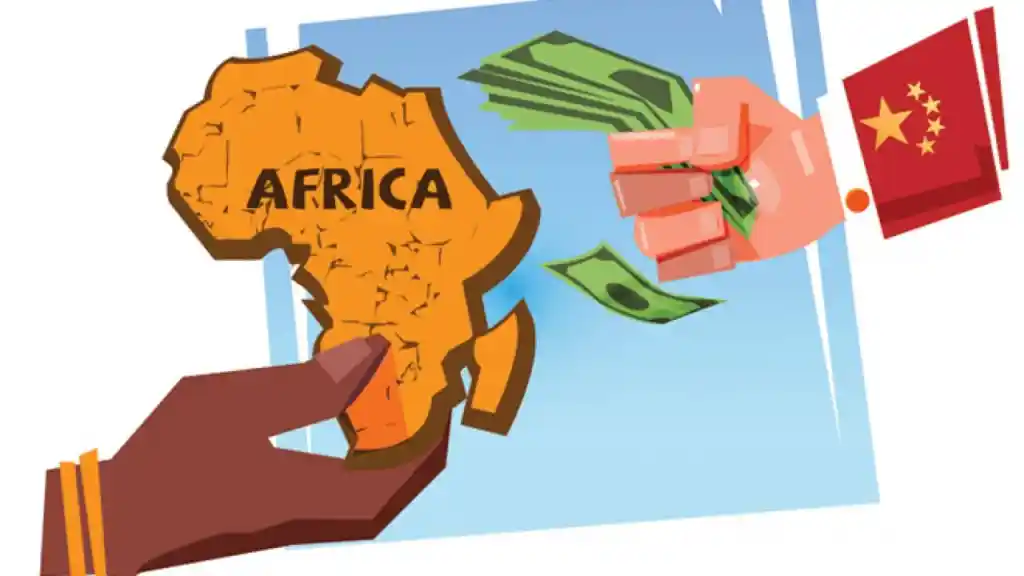
On Monday, the Senegalese government introduced a comprehensive 25-year development plan aimed at establishing economic sovereignty through enhanced competitiveness and sustainable resource management.
The announcement follows President Bassirou Diomaye Faye’s decisive election victory seven months ago, where he pledged to improve living standards for citizens in the West African nation.
At the launch ceremony, Faye emphasized the need for a diversified and resilient economy to drive growth. He expressed concern that the current economic model relies heavily on raw material extraction, with inadequate local processing or valorization.
“Our economy has been neutralized,” Faye stated. “The domestic private sector remains weak, leaving our young talent in desperate search of opportunities.”
Senegal began producing oil in June, marking a significant milestone as Woodside Energy commenced operations at the Sangomar oil and gas field. Gas production is expected to start by the end of the year at the Greater Tortue Ahmeyim liquefied natural gas project, operated by BP.
Early in his presidency, Faye launched an audit of oil and mining contracts, but officials have not disclosed its current status. The first phase of the new economic plan, projected to cost $30.1 billion, will run from 2025 to 2029.
This phase aims to reduce the budget deficit from 4.9% to 3% of GDP over the next four years. It will be financed through a combination of public, private, and public-private partnership investments.
The plan is based on an anticipated average growth rate of 6.5% and an increase in the average tax burden to 21.7%. However, the International Monetary Fund (IMF) recently revised Senegal’s growth forecast to 6.0%, down from 7.1%, due to slower economic expansion in the first half of the year.
The government’s objective includes expanding electricity access from 84% to 100% and achieving energy self-sufficiency. The administration will also reform Senegal’s deficit financing structure to manage national debt effectively.
President Faye faces mounting pressure to fulfill his election commitments, particularly from disenfranchised urban youth, who played a crucial role in his rise to power.
His administration has encountered challenges in the national assembly, leading to the dissolution of parliament last month. This action set the stage for a snap legislative election scheduled for November 17.
Concerns have emerged regarding a significant drop in government revenue during the first eight months of the year. Many fear that the upcoming election could delay crucial IMF financing for the nation.




